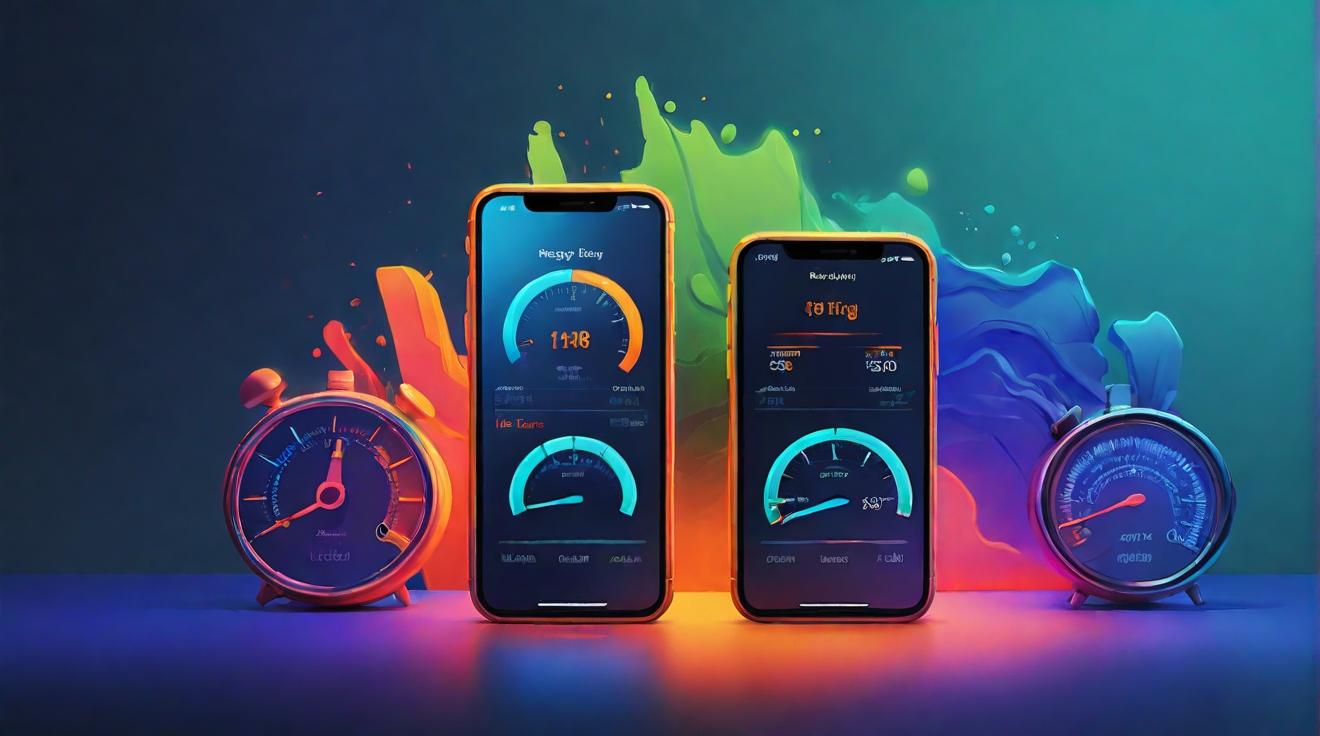Blockchain Technology in Healthcare Market: Security Demand Propels Growth to $9706.49M by 2031
The Blockchain Technology in Healthcare Market is evolving rapidly, driven by the need for robust security in handling sensitive patient data. According to SkyQuest, this market was valued at USD 524.40 Million in 2022 and is projected to grow from USD 725.25 Million in 2023 to an astounding USD 9706.49 Million by 2031, with a CAGR of 38.3% during the forecast period (2024-2031).
From artificial intelligence to blockchain, novel technologies are increasingly adopted in healthcare, enhancing the way patient data is managed and secured.
Market Overview
- Market Revenue in 2023: $725.25 Million
- Estimated Value by 2031: $9706.49 Million
- Growth Rate: Poised to grow at a CAGR of 38.3%
- Forecast Period: 2024–2031
- Report Coverage: Revenue Forecast, Competitive Landscape, Growth Factors, and Trends
- Segments Covered: Type, Application, and End-user
- Geographies Covered: North America, Europe, Asia Pacific, Middle East & Africa, Latin America
- Key Market Opportunities: Increasing Demand for Enhanced Data Security and Transparency
- Key Market Drivers: Complexity of Implementation and Integration
Segments in Blockchain Technology Healthcare Market
- Type: Public and Private
- Application: Supply Chain Management, Data Exchange and Interoperability, Claims Adjudication and Billing, and Others
- End-user: Pharmaceutical and Medical Device Companies, Healthcare Payers, and Healthcare Providers
Why Public Blockchain is Popular in Healthcare
Healthcare providers are increasingly using public blockchain networks for data management due to their low costs and good security. One major advantage is the immutability of data transactions, meaning data cannot be altered, which is crucial for maintaining accurate health records.
Rising Demand for Private Blockchain Networks
Despite the popularity of public blockchain, the demand for private blockchain networks is expected to surge. These networks offer better speed, faster response times, robust security, and scalability. Such advantages make private networks highly appealing for complex healthcare applications.
Blockchain in Clinical Trials
Clinical trials are set to witness significant adoption of blockchain technologies. By ensuring the data cannot be tampered with, blockchain provides a secure way to share clinical data with clinicians and regulatory authorities. The increasing investments in medical R&D and regulatory approvals are driving this demand.
Supply Chain Management Benefits
Supply chain management is another critical application of blockchain in healthcare. Blockchain helps in:
- Reducing costs
- Minimizing data losses and tampering
- Optimizing resource utilization
Blockchain also promotes the interoperability of IoT devices and other connected technologies, further enhancing healthcare delivery.
Key End-Users: Healthcare Providers Lead the Way
Healthcare providers are projected to lead in the adoption of blockchain technology. The technology ensures transparency between providers and patients while securing transactions. The rise in electronic health records and other digital health solutions will create new opportunities. Additionally, the payer segment is also expected to offer lucrative opportunities as crypto payments and wallets gain global popularity.
Strategic Recommendations
To maximize revenue, blockchain in healthcare companies should focus on:
- Targeting healthcare providers and payers
- Investing in supply chain management applications
- Focusing on clinical trial applications for new market entrants
- Offering private network benefits at public network costs to encourage adoption in the healthcare industry
By addressing these focal points, blockchain in healthcare companies can leverage significant growth opportunities in the coming years.













